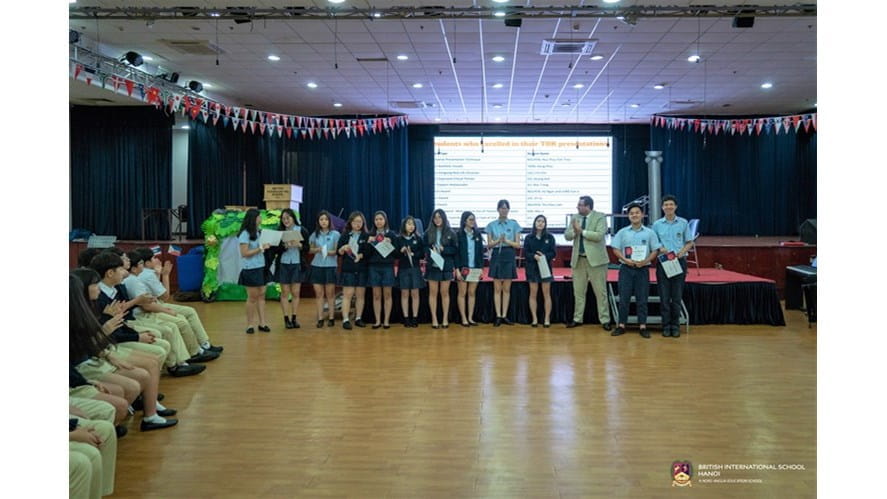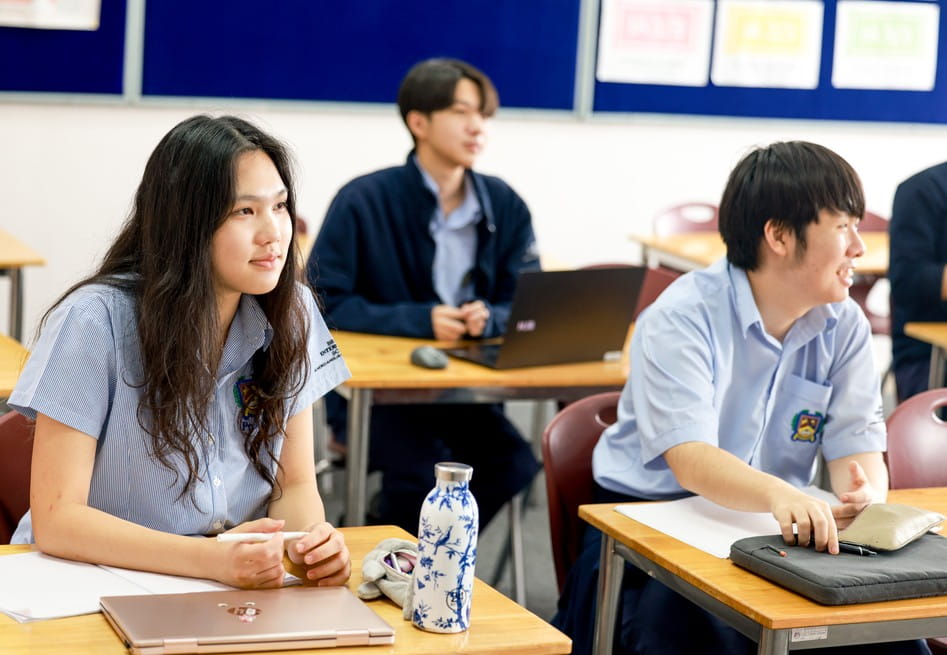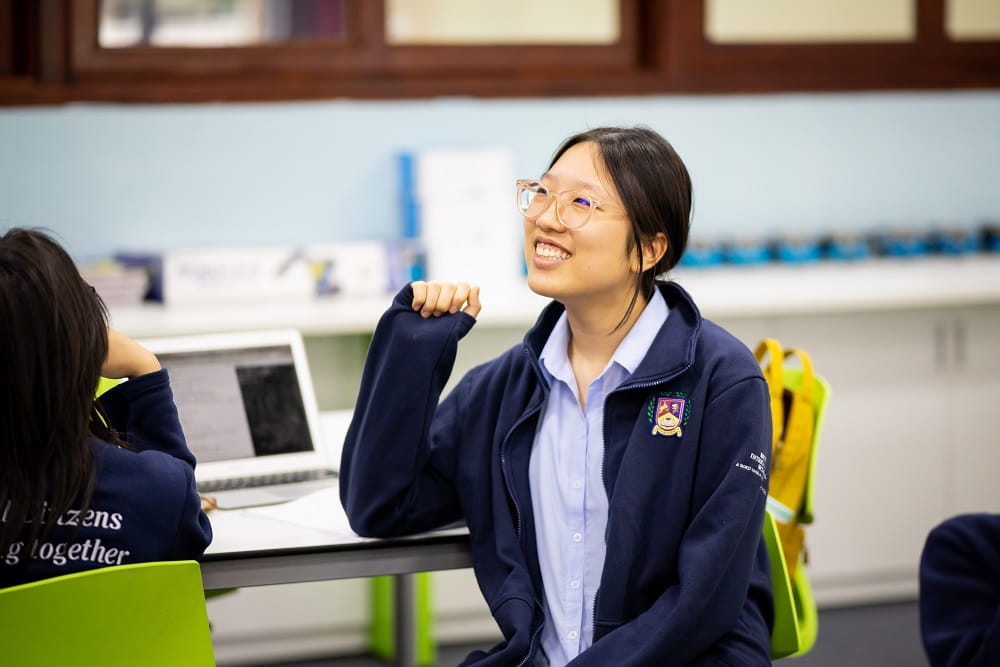The value of Theory of Knowledge The value of TOK is therefore not just holistic in developing students’ open-mindedness and communication skills, but also could mean the difference between a student getting their 1st choice university placement, or their backup choice.
The value of TOK is therefore not just holistic in developing students’ open-mindedness and communication skills, but also could mean the difference between a student getting their 1st choice university placement, or their backup choice.
[[\media\Copy of tok video 2.mp4]]
Over the last month, Year 13 students have been busy preparing themselves for their Core assessments in Theory of Knowledge (TOK). I am really pleased with all the students as they have displayed exemplary commitment and active participation. Certain students received a certificate in recognition of their efforts.
Year 12 TOK students have also been busy enjoying stretching their understanding about how Ways of Knowing such as sense perception and memory influence our acquisition of knowledge, as well as trying to answer the Big Question “What is knowledge and how do we assess its value?” by looking at Natural Sciences and Indigenous Knowledge Systems as Areas of Knowledge.
People often ask me “Why do all IBDP students need to study TOK?”. My response is simple; quoting the words of Michael Dunn, author of www.theoryofknowledge.net:
“TOK should be found in every subject. If this is achieved, it:
- will enrich and invigorate all subjects;
- could easily add an extra point in those subjects;
- therefore it suddenly could add a massive 8.5 points to a students’ total points score!
The value of TOK is therefore not just holistic in developing students’ open-mindedness and communication skills, but also could mean the difference between a student getting their 1st choice university placement, or their backup choice. That is why TOK is a Core subject and why I would strongly urge parents and students to follow these tips to engage a critical brain and encourage inquiry. Students of all ages, not just IBDP students, can all benefit from looking at issues from different perspectives and asking ‘Why?’ Questions more frequently. Please see the slides below for ways to help your child do so.
Thank you for reading, and please do feel free to contact secondaryoffice@bishanoi.com should you have any questions relating to TOK.






